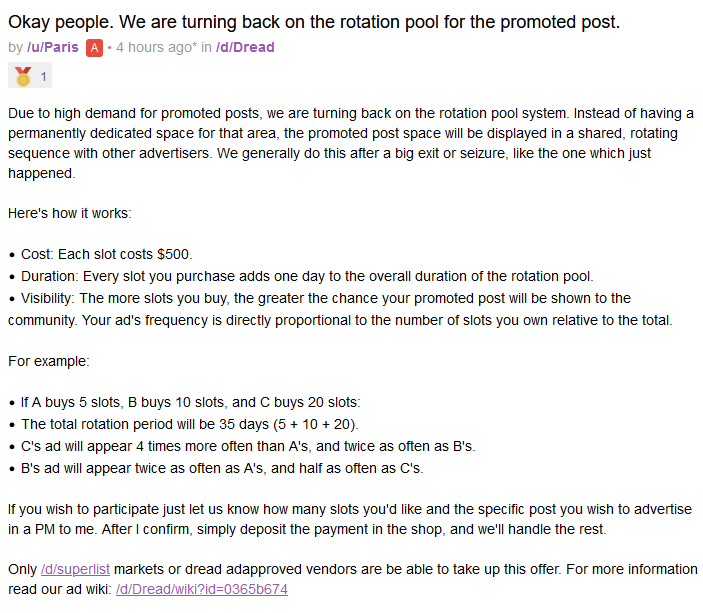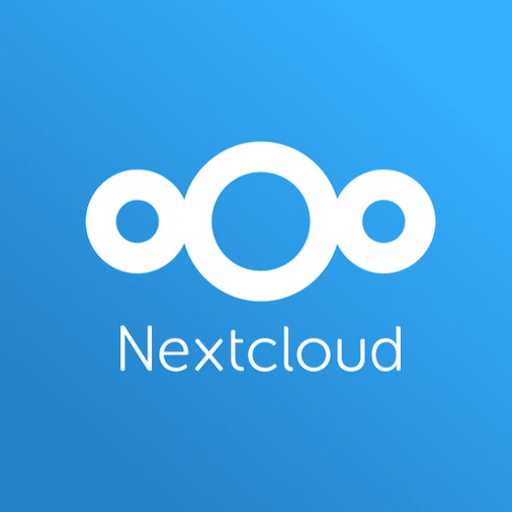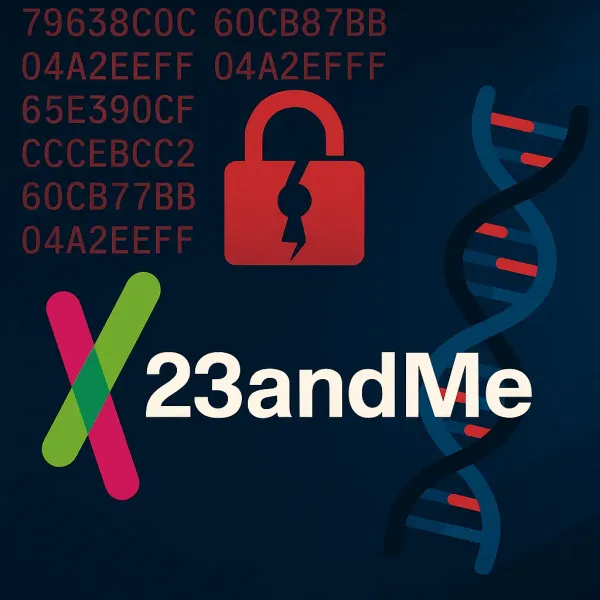Google’s Sec-Gemini v1: AI for Cybersecurity or Just More Centralized Control?
Google’s launch of Sec-Gemini v1 signals a push toward AI-dominated cybersecurity, but beneath the PR polish lies a deeper power grab cloaked in benevolence.
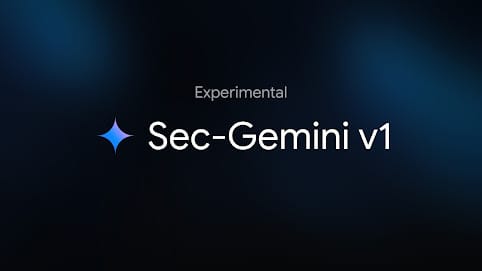
Google just announced Sec-Gemini v1, an “experimental” AI model built to automate threat analysis, vulnerability classification, and root cause mapping in cybersecurity. The model allegedly outperforms its peers by over 10 percent on benchmarks like CTI-MCQ and CTI-RCM. But let’s be clear: this is not about defending users. It’s about tightening Google's monopoly over digital infrastructure and entrenching their surveillance apparatus through state-aligned data partnerships.

Sec-Gemini is trained on Mandiant Threat Intelligence, Google Threat Intelligence, and OSV, all proprietary ecosystems. This means any competitive edge the model offers will be gated behind Google’s firewall, available only to pre-approved institutions. According to the announcement, access is limited to “select organizations,” a standard PR euphemism for ideologically aligned NGOs and government-adjacent actors.
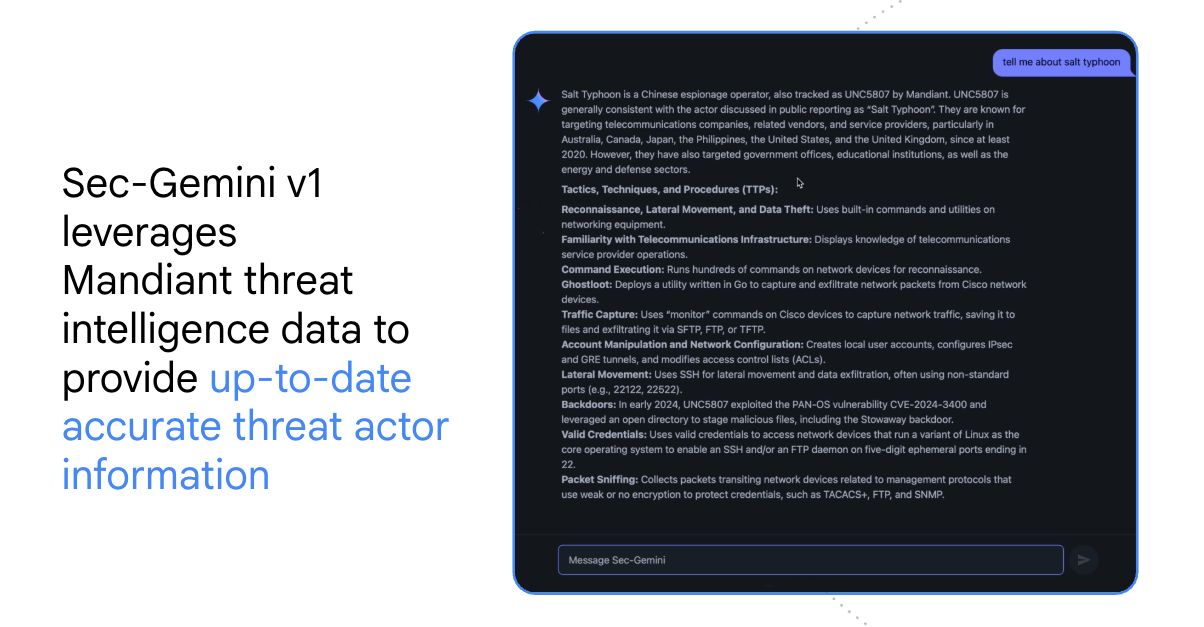
➣ The asymmetry Google pretends to address attackers needing one exploit versus defenders needing full coverage is not new. What’s new is their attempt to monopolize the defender’s toolkit. By owning the tooling, Google positions itself as an arbiter of what constitutes a legitimate threat, who qualifies as a threat actor, and what vulnerabilities deserve attention. That’s not security. That’s centralized coercion.
Sec-Gemini’s so-called strength lies in contextualizing vulnerabilities using proprietary intelligence. But that also means the model becomes a gatekeeper for who gets threat data and how it’s interpreted. For example, Salt Typhoon is flagged correctly as a threat actor. But the model’s “understanding” depends entirely on Mandiant’s definitions definitions that shift based on geopolitical alignment and federal contracts.

No mention is made of decentralizing this technology, open-sourcing its components, or providing it to independent cybersecurity analysts. The framing of this release as a gift to the cybersecurity community is a PR shell game. What’s actually being offered is a black-box model that reinforces Google’s role as a pseudo-regulatory entity in the digital security space.
Conclusion: Sec-Gemini isn’t democratizing cybersecurity it’s privatizing it. Worse, it entrenches AI systems as filters of what users are allowed to know about their own threat landscape. This is a security model not built for user autonomy, but for corporate-state control under the pretense of digital safety.


